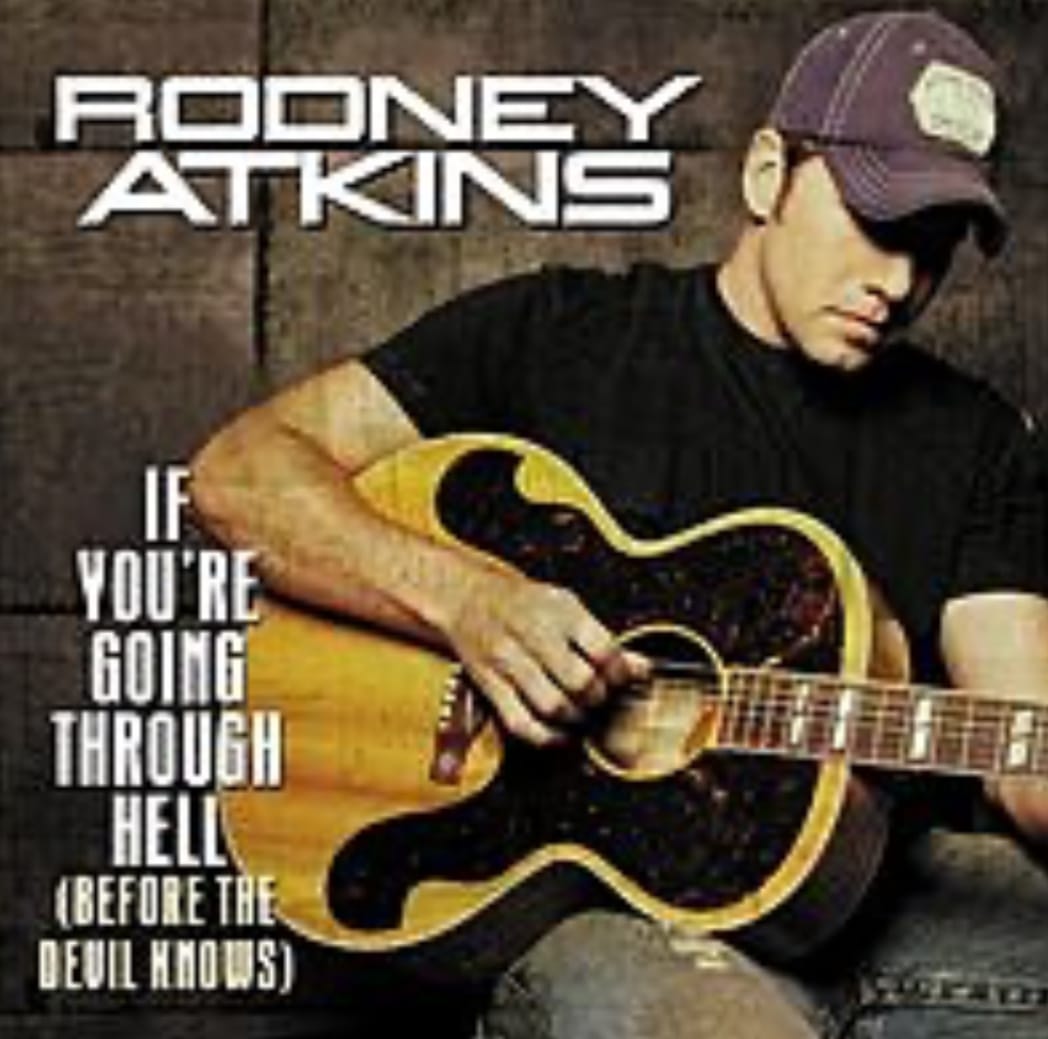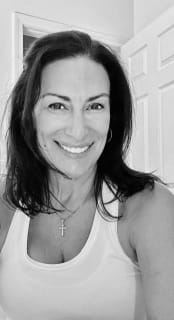After graduating from the University of Illinois Urbana-Champaign with a degree in social work, Suze Orman went out to Berkeley, California and took a job as a waitress in a coffee shop. While working she had come up with the idea of opening up a hot tub cafe’. She had shared that idea with friends and co-workers. Having heard a couple different versions of the story, either she was gifted or borrowed $50,000 to go towards her dream. Thinking that she was investing that money wisely, she was dismayed that her trusted financial advisor, had lost it all. Devastated, that experience nudged her to learn more about finances and investing. Suze Orman went on to write ten New York Times best selling books on managing money. In addition, she has a podcast, a television show, PBS Specials and is a sought after speaker on financial matters. It’s always like to hear what she has to say when it comes to finances. In fact, you may remember her from numerous appearances on the Oprah Winfrey Show. The experience of the loss may have caused her to say when the money was gone, “Looking back I could have played that differently.”

Suze Orman is not the first person who has been taken advantage of by a trusted financial advisor, nor will she be the last as there are crooks and charlatans everywhere lurking for nice trusting people with a few buck, to prey on. People who go through such an experience can feel stupid, foolish and gullible, even when they did their homework, trusting and verifying those they invest with. Unfortunately, even the most polished and vetted professionals can fool even the smartest of clients.

Life is full of many moments where decisions are made with facts and information available, causing decisions to be made and only later to feel that “looking back, I could have played that differently.” Some decisions in life are black and white and making the correct decision is clear. Yet, sometimes the most important decisions in life aren’t black and white. Decisions like, “should my kids have braces or wisdom teeth out,” well those are quite obvious for the most part as braces can yield of lifetime of a beautiful smiles and having wisdom teeth/third molars extracted, can relieve or avoid pain or a disruption in straight teeth. Decisions like who you should marry, which job offer should you take, what career path you should take, which investments you should make, well those are decision with many moving parts. These harder decisions in life, sometimes don’t necessarily have a right and wrong answer. There are probably a few people you could marry and be happy with, many jobs you could have success with and several locations you could make a good life in.
The important decisions in life, for many people are NOT taken lightly. A wise person will enlist the thoughts of others, be them trusted individuals who have only their best interest in mind, like an immediate family member, close friend, someone with a long professional relationship with in the area in question or when applicable, a longtime trusted pastor, priest or rabbi. People do spend time looking at all aspects, angles and consequences of a monumental decision, as they should.
And even when doing all the thinking, research and enlisting the opinions of trusted confidants, some can have a hard time making a decision, when it comes to “a biggie.” It can be so alarming to see others make incorrect decision and there is fear that what happened to someone else, can happen to them and as much as possible, they hope to avoid that. It can feel overwhelming and maybe there are some who fear making the wrong decision so much that their mind feels stuck, ‘analysis paralysis.” Understandable by all means. Remember that fear can be a reaction to a regrettable decision and it takes courage to change or redirect that decision.
However, it’s a wise person who is able to make the best decision, after doing all of their homework, seeking the thoughts of trusted individuals, praying for wisdom, looking at all of the information before them and making a calculated decision, and moving forward, NOT looking back. This is the toughest thing of all, to NOT look back with regret, especially when the information has changed. It is easy to say, “I could have done this, or “I should have done that.” This negativity can drag one down and make a bad situation seem worse or even helpless. STOP RIGHT THERE, as that is the worst thing you can do, and yet probably the hardest.
When realizing a wrong decision was made or something goes wrong that you thought you had tried to prevent from happening, assessing the problem, accepting responsibility if that’s the case (sometimes it’s on you and sometimes it isn’t) and then taking prudent actions to rectify the situation as soon as possible.

Depending on how dire the situation is, will determine how hard it is to rebound and get back on track. I think of the country music song performed by Rodney Atkins and written by Dave Berg, Sam Tate and Annie Tate, “When You’re Going Through Hell. ”. Here are some of the very catchy lyrics:
“…Things go from bad to worse you think they can't get worse and then they do
[Chorus]
If you're goin' through hell keep on going
Don't slow down if you're scared don't show it
You might get out before the devil even knows you're there”
Picking up after a setback or catastrophe is not easy, but taking one step maybe all it takes to then take another, maybe feeling a little bit better each time and seeing the results of moving in the correct direction. Sometimes the problem is that we get so fixed on “How could I have made a bad decision like this” or “Looking back, I could have played that differently.” Isn’t hindsight 20/20 when you have the ability to have more information and you are more knowledgable than you did/were at the time the decision was made? Looking back doesn’t help, unless it helps you pick up the pieces and you LEARN from it. Set backs in life can force us to reassess and take stock of what we have and what we really need. It’s in the times we fall, that a wise person will look back and say, “How did I get here?” “Was I responsible for some or all of this.” The answer may be yes or no but having the ability to look at a situation objectively from the outside can only help. Or maybe “Looking back I could have done this differently, and here is what I am going to do moving forward, older and wiser.”
When you play a sport and you loose, you sometimes look back and say, “Why did we loose? Did we not make the free throws, the field goals, get our first serve in, were we slow, was my putting off, did we not come to play? What was the reason we lost, or were they just a better team?” You evaluate, you make changes and you move forward with that information and practice where needed.
Good can come out of bad situations. It is in the tough times that we see the best and worst of people. Sometimes one’s true character comes out. It’s easy to say, “Why me?” But really, “Why not you?” No one said life here on earth would be easy. Being IN THE GAME means you might get banged up and bruised but wouldn’t you rather be IN THE GAME than sitting on the bench? Being in the game means you might get you uniform dirty, means you might get hurt and that’s part of the excitement. Getting through the hardships in life make us stronger and more able to handle what comes our way. Imagine having a life so easy that when a calamity hits, you don’t have the skills or experience to handle it. Look at challenges in life as opportunities to use what you have to solve the problems. Some people avoid confrontation and facing problems as much as possible because it is tough. Who wants to confront anyone, be it a stranger, a neighbor, friend, coworker or someone they love to give them bad news, tell them no or ask them to stop doing something that hurts you? It is hard and you risk a fight, a disagreement or a break in a relationship. My feeling is, if it causes a break in a relationship, maybe there wasn’t a good relationship there anyway. We all have seen marriages where a husband or wife doesn’t want to put a foot down or says something when there is destructive behavior, whether it be spending, drinking or other activities either because they don’t want to deal with a problem or they don’t want to deal with the fall out. It can be uncomfortable. Even a small issue, something as little as “a pebble in a shoe issue” can build up stress in someone’s mind, making the problem a big irritating problem. Unaddressed, these little issues can become larger problems. They may say to themself, “Looking back, I could have played that differently.”
There are countless people throughout history who have looked back at decisions in their lives and may have said, “Looking back I could have played that differently.” Just think of decisions that involved safety and peoples’ lives, business decisions and personal decisions that changed the course of their own lives, good or bad. When you find yourself in a tough situation and you say, “Looking back, I could have played that differently” appraise what you are dealing with, say your prayers, take action and move forward. Don’t be a victim of a bad situation, be a survivor and one who learned from a past experience and went on to experience…
many…Great Days ❤️


